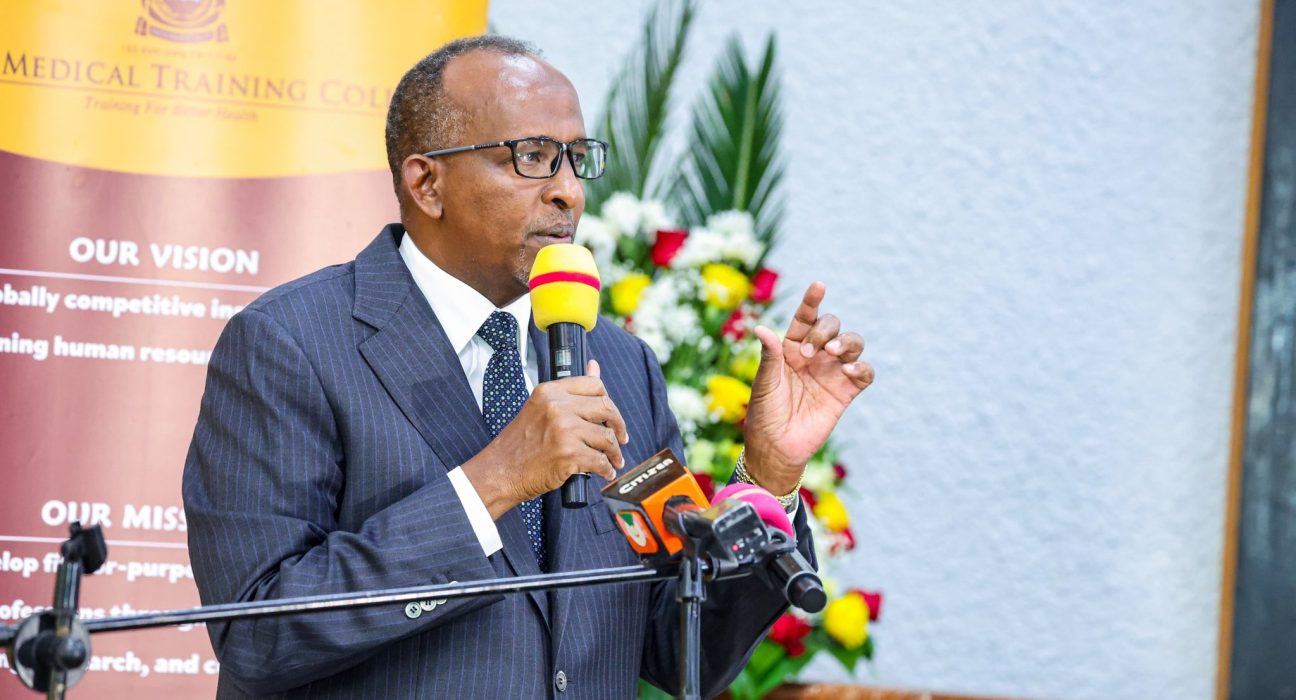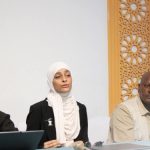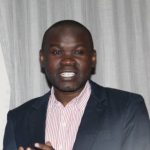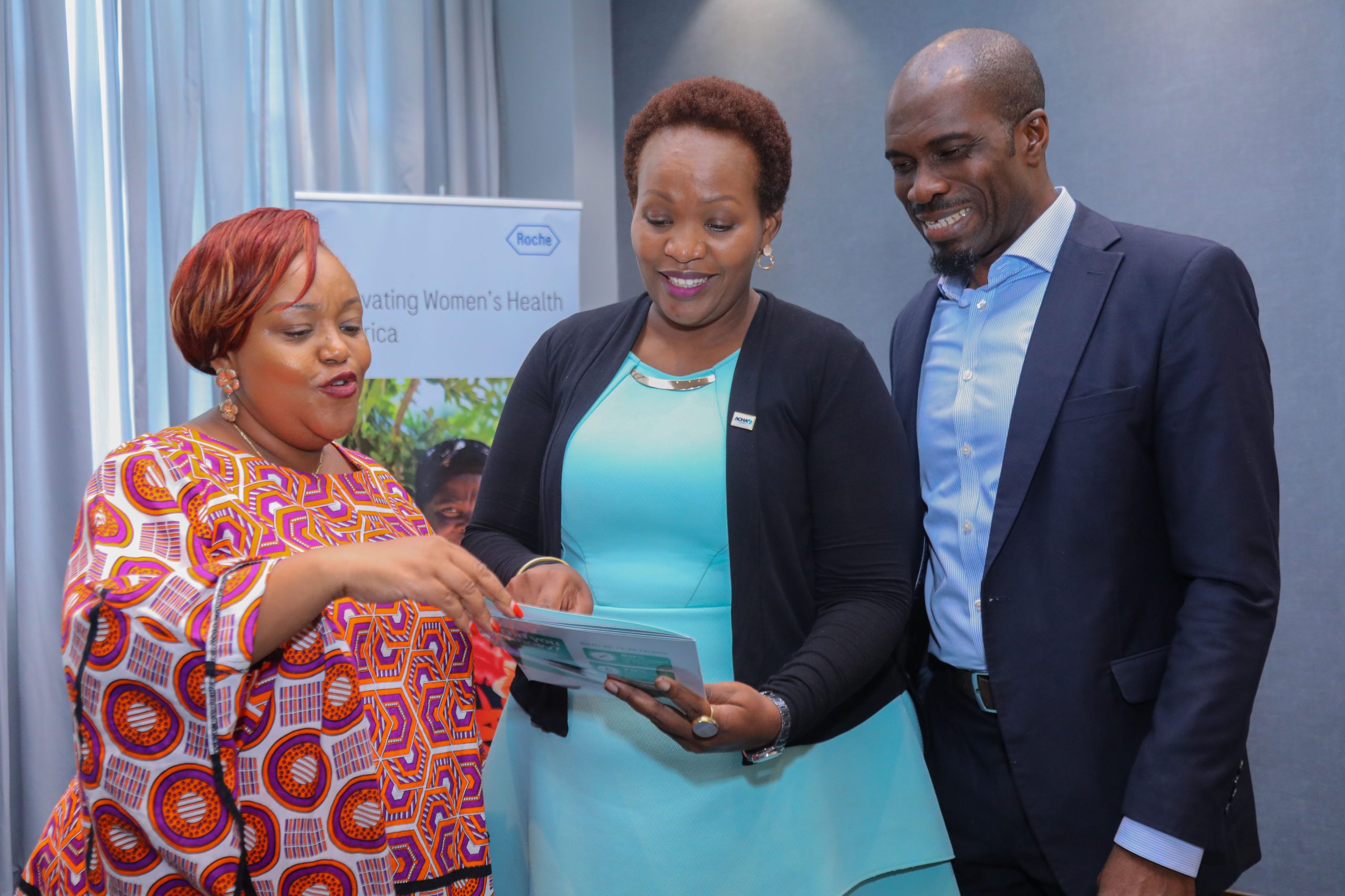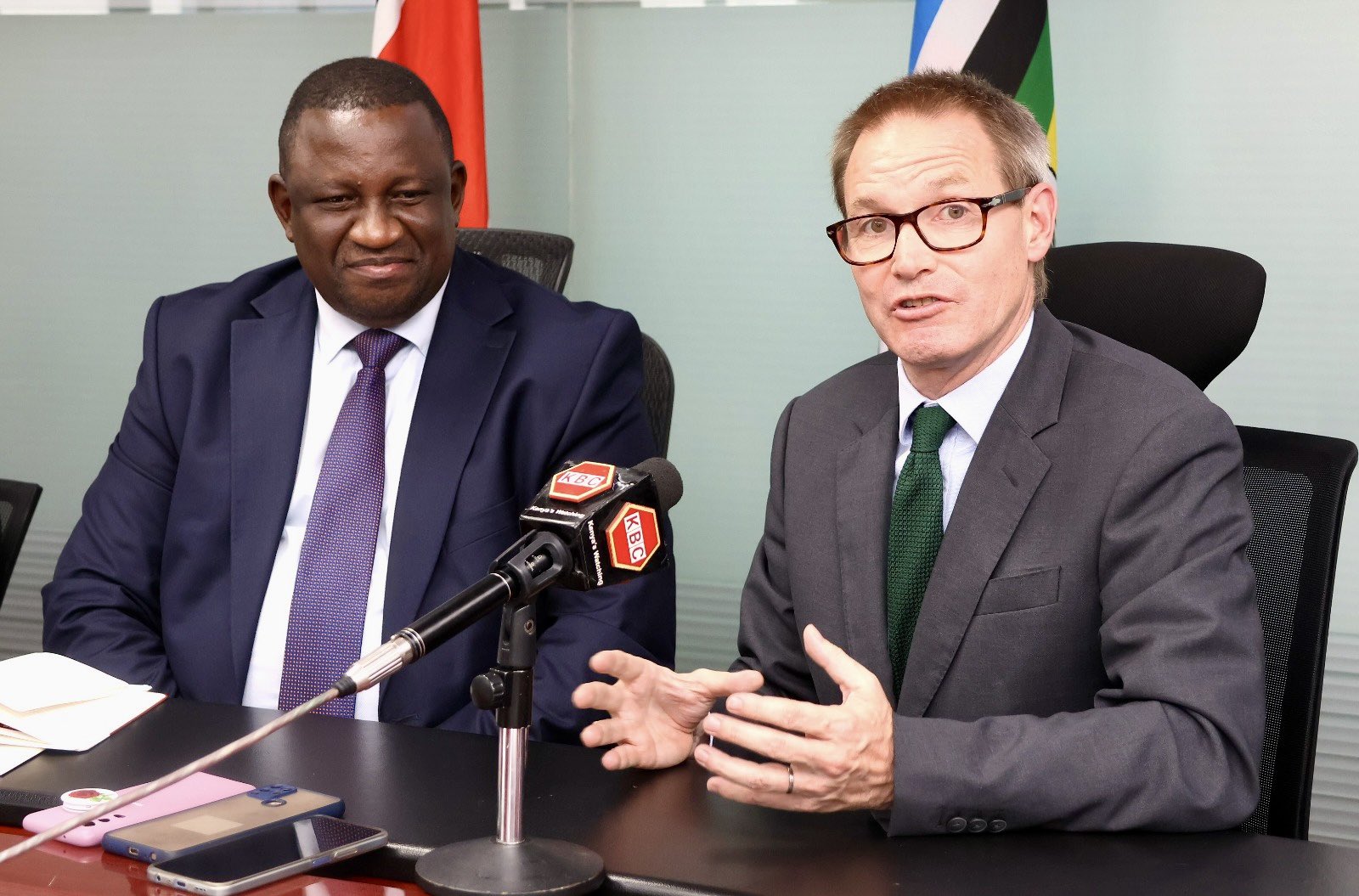By Eddah Waithaka
Kenya’s Cabinet Secretary for Health, Hon. Aden Duale, today launched the 8th Kenya Medical Training College (KMTC) Scientific Conference with a bold declaration, “Universal Health Coverage is no longer a dream, it’s a funded, actionable plan.”
Speaking before 1,200 attendees at the Nursing Assembly Hall, Duale positioned KMTC as the linchpin of Kenya’s healthcare transformation, even as he issued stringent warnings against diploma mills producing underqualified health workers.
Ksh500M HELB Lifeline for KMTC Students
Duale revealed ongoing negotiations with the National Treasury to unlock Ksh500 million in Higher Education Loans Board (HELB) funding for KMTC students.
“We are pushing to align KMTC’s HELB access with universities and TVETs. No student pursuing critical health disciplines should drop out due to fees,” he asserted.
The CS challenged the college to diversify funding through alumni networks and public-private partnerships, warning, “Over-reliance on government capitation is unsustainable.”
“Credentials Without Competence” Crackdown
In his strongest remarks, Duale rebuked institutions offering substandard medical training, “Some are mass-producing graduates with neither skills nor employability. KMTC must not join this race to the bottom.”
He directed regulators to enforce rigorous curriculum reviews, mandate monitored clinical rotations, and audit institutions that flout standards, emphasizing that “every KMTC graduate must be job-ready from Day One.”
CEO Dr. Kelly Oluoch outlined the college’s expanding footprint, highlighting its 90 campuses nationwide, over 20,000 annual graduates, making up 85% of Kenya’s mid-level health workforce, and the training of 107,000 Community Health Promoters under the UHC rollout.
“Our new ISO 9001:2015 certification proves we operate at global standards,” Oluoch added.
Board Chair Joseah Cheruiyot announced KMTC’s new Science, Technology, and Innovation Strategy, highlighting partnerships with Northwestern University (USA), Africa CDC, and KEMRI, emphasizing that “research must solve real problems—like our project with MicroResearch Canada to cut maternal mortality in informal settlements.”
In a notable first, four student researchers will present their findings, a significant increase from only one presenter in 2023.
Among these students are Grace Mwangi from the Nursing program, who is developing AI-powered diagnostic tools for rural clinics, and David Omondi from Public Health, who is working on climate adaptation strategies for malaria control.
“This is proof that KMTC nurtures innovators, not just technicians,” said Prof. Sylvester Kimaiyo, the conference’s academic chair.
Duale tasked participants to deliver actionable policy briefs within 30 days, pledging, “Your recommendations will directly inform our UHC implementation framework.”
With Kenya’s health worker shortage projected to hit 47,000 by 2030, KMTC’s role as Africa’s largest mid-level medical trainer has never been more critical.



